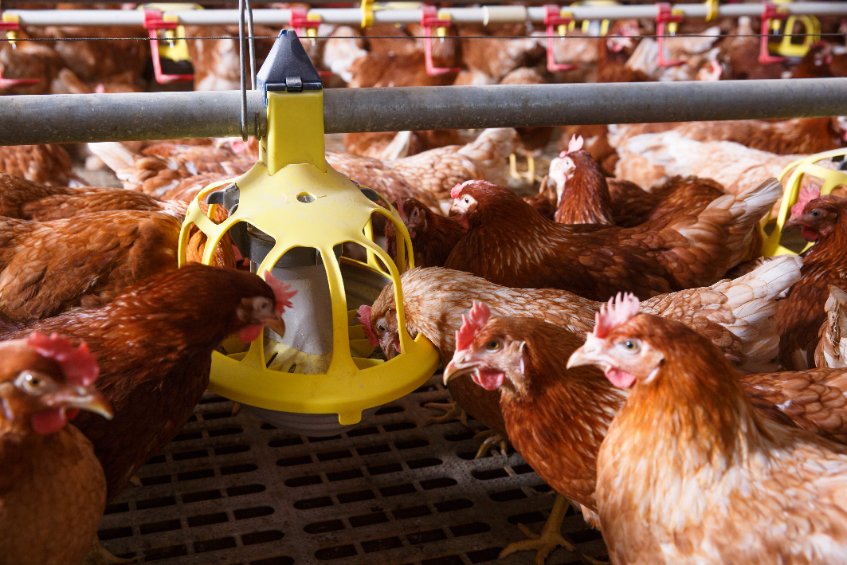Poultry farmers urged to be vigilant for bird flu as disease creeps through Europe

The government is urging poultry farmers and keepers to follow good biosecurity practices to minimise contact with wild birds and to be vigilant for signs of Avian Influenza.
Reports of Avian Influenza H5N8 outbreaks in wild birds and poultry in Germany, Austria, Croatia, Denmark, Hungary, Netherlands, Poland and Switzerland have resulted in the risk level for Avian Influenza incursion to the UK via wild birds being raised from “Low” to ‘Medium’.
So far, most cases of the contagious strain of flu have been found in wild birds, but there have been outbreaks on farms around Europe.
Avian influenza is a highly contagious viral disease affecting the respiratory, digestive and/or nervous system of many species of birds. It spreads from bird to bird by direct contact with infected body fluids, droppings and contaminated boots, clothing, equipment etc.
Yesterday (25 November), Swedish authorities decided to cull at least 37,000 poultry after a highly contagious bird flu outbreak was confirmed on a farm in southern Sweden – but the figure may rise.
On Thursday (24 November), a case of high risk H5N8 bird flu was confirmed in the German state of Lower Saxony and about 16,000 turkeys have been culled, authorities say.
And last Friday (18 November), following the discovery of cases of highly pathogenic avian influenza H5N8 in several European countries, France decided to raise the level of risk of disease from "negligible" to "moderate".
Outside of Europe, India has reported an outbreak of a bird flu virus in the southwestern state of Karnataka, the World Organisation for Animal Health (OIE) said on Friday.
Poultry keepers are advised to monitor their birds frequently and to discuss any concerns with their private vet immediately. Employing good biosecurity practices will serve to minimise opportunities for disease incursion and spread.
The Wales' Cabinet Secretary for Environment and Rural Affairs, Lesley Griffiths, said: “It’s important all poultry keepers remain vigilant for signs of disease in their flock and maintain levels of biosecurity to minimise the risk of any disease spread.
“Good communication is also vital for disease control and I urge all poultry keepers to notify or update their details and those of their flocks on the poultry register. This will ensure they can be contacted immediately in an avian disease outbreak, allowing them to take action to protect their flock at the earliest opportunity.”








